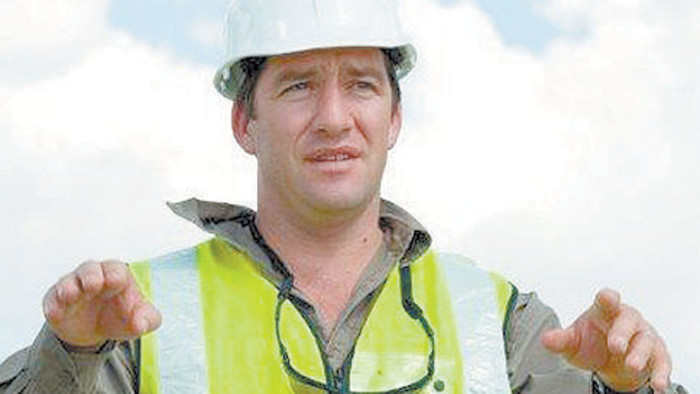Warwick DLMBA: Add value by going the distance

Simply sign up to the Business education myFT Digest -- delivered directly to your inbox.
I always wanted to do an MBA but the opportunity did not present itself until the global financial crisis had taken its toll and the project I was working on was put on care and maintenance. I liked the look of the Warwick Business School DLMBA, which suited me as I was then based in Gaborone, Botswana, and not able to study full-time or part-time.
My application to Warwick was accepted and I waited eagerly for the MBA to start. In January 2009 a large box of files and textbooks arrived and, after the initial excitement of a child opening a special Christmas present, the reality set in about how much work was involved.
The first year was really tough; trying to schedule nine to 15 hours of study into my working week and balance the demands of living an expatriate life with a young family was a real challenge. The online element was useful, especially the WBS Live Sessions, which actually amounted to conversing with real people, not just textbooks.
It was great to meet fellow students in the flesh at the September seminar. These week-long events at Warwick were really helpful because there was a lot of interaction with other students from around the globe and some good friendships were made, shared with some relatively expensive beers. The exams were a shock. It had been more than 15 years since I had handwritten more than a page, never mind four three-hour exams in five days. I do feel that these days exams should be computerised but, thankfully, I passed them.
So on to year two, and another box of study notes and textbooks, although this time opened with much less zeal. I have a mantra that “pain is a function of time” and thus I elected to do five subjects in year two, so year three would not be so pressured. I knew this would be tough, but I did not realise how tough. My work project, to build a diamond mine in the central Kalahari, was approved – something I had been dreaming of for the previous four years.
Those years were focused on designing the optimal mine, concentrating on the environmental and social aspects to ensure minimal adverse impact and optimal social benefit from the mine’s development. This involved an intensive social and environmental impact assessment with the focus on consultation. The excitement of the project starting, plus the extensive travel to the site meant I truly needed my home time to be spent with family. I decided all my studying had to happen when I was on site.
My “site” was a tented camp in the desert, with no phone communication and an unreliable satellite internet connection. Summer temperatures were more than 40 degrees centigrade and everything was covered in dust.
On top of the physical constraints was the management of the onsite team and contractors. The mine camp is reached via a 160km long sand track which takes four hours to negotiate in a four-wheel-drive. The site is a single status construction camp, designed to have as small an environmental impact as possible, thus the accommodation is tented and the central services building is modular so that it can be moved if required. It is 160km from the nearest village with power and telecommunications.
There was a good community of us out there and it was hard to balance my duties to the team and difficult to pull myself away from the prospect of a well-deserved cold beer after a 14-hour day, and retire to my tent to study. Yet the year passed in a blur, with the September seminar a welcome relief and a good time to bond – and I passed my exams.
I planned to complete my project and dissertation by June, then do two face-to-face modules at Warwick, leaving just one subject with its exam in December. This meant just one small “present” in January (which did not get opened until nearer the September seminar at Warwick).
The year began really badly from a work point of view. Unforeseen technical problems at the mine sadly led to workers being injured. There were also delays and cost over-runs and I had no choice but to let my study plans slip.
It was not until the September seminar on campus, and two face-to-face modules, together with good seminars and an excellent study partner, that I was back on schedule. The two modules were excellent, especially the Business in Society module which I think should be a core subject.
Thus three years of toil and sweat have ended somewhat abruptly.
Would I repeat them? Definitely not.
Did they add value? Certainly.
The four key “take homes” for me are the content of each subject, the exposure to international students, discovering there really are no free lunches and, through sacrifice and discipline – and with some very fine balancing – learning that anything can be achieved.
I look forward to turning all of the lessons learnt into value for the business and my family.
Comments